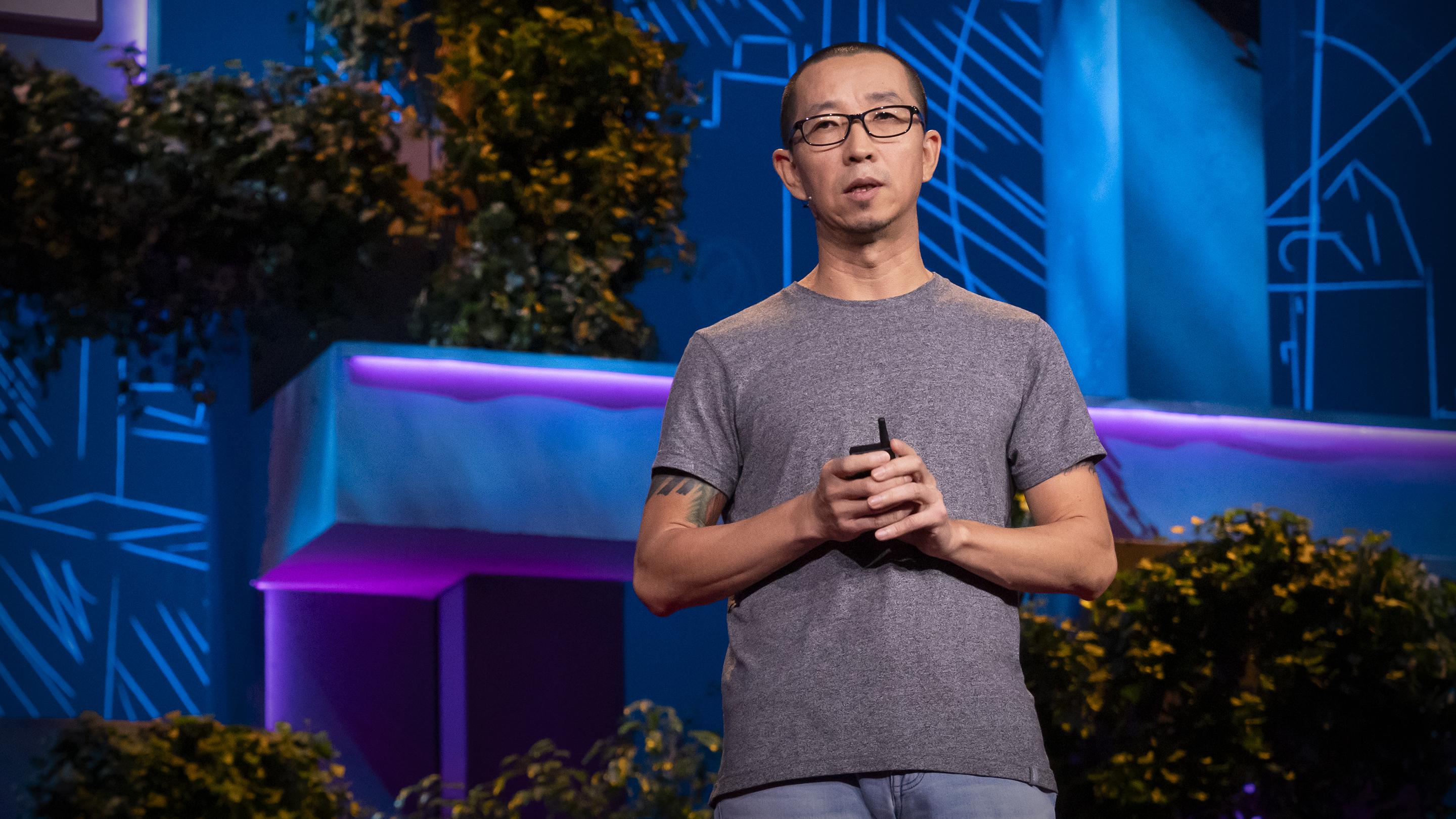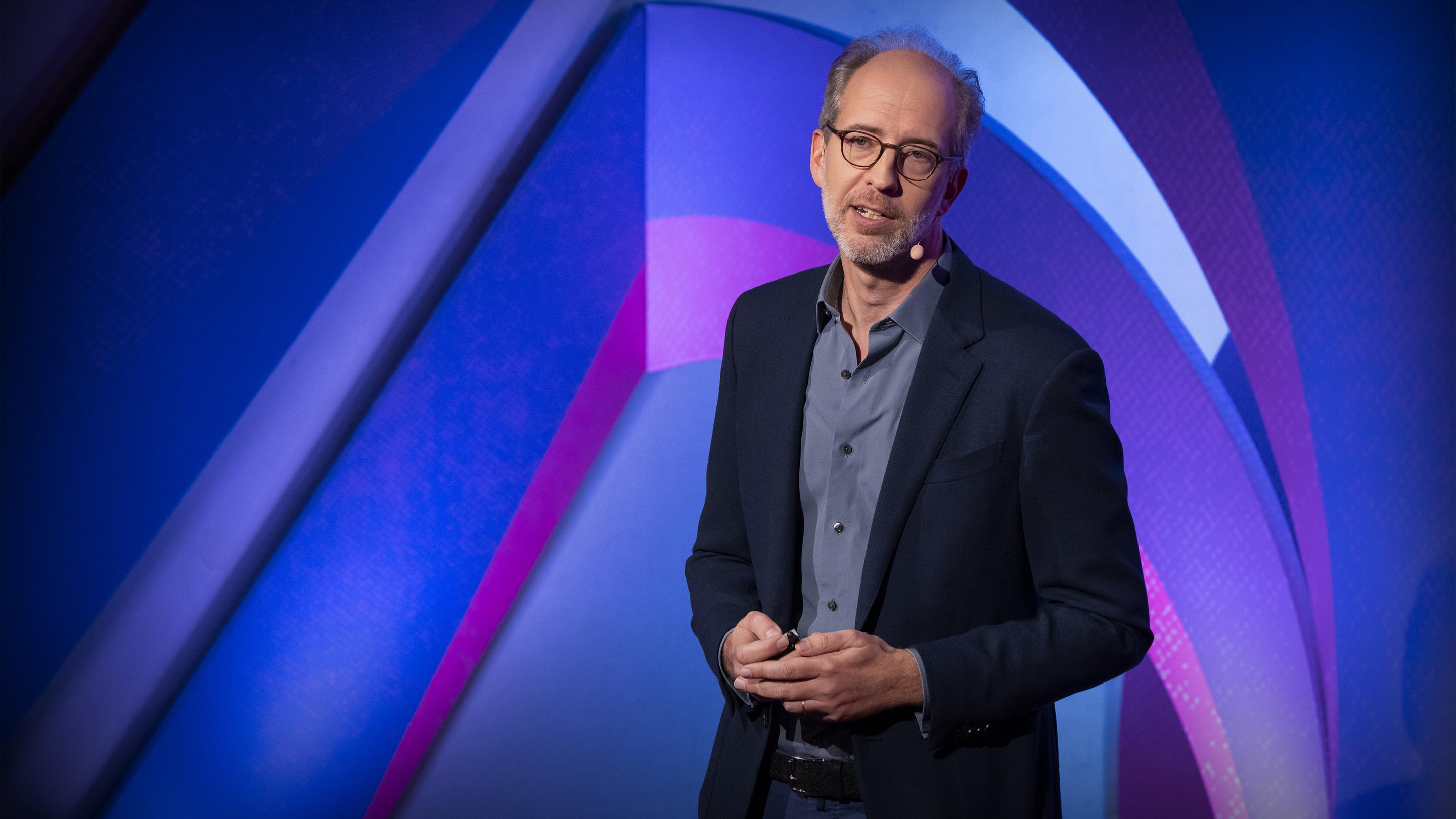Episódios
-
How can Israel and Palestine achieve peace? Palestinian peacemaker Aziz Abu Sarah and Israeli peacemaker Maoz Inon discuss the immeasurable tragedies they've experienced growing up in the region — and how they choose reconciliation over revenge, again and again. With a fierce belief in a better future, they talk about conflict, safety, finding shared values and how they're building a coalition of Israeli and Palestinian citizens who are intent on creating a path to hope and peace.
-
It might sound like the plot of a movie, but economic crime is all around us — from drug trafficking and fraud to cybercrimes, tax evasion and more. Economic crime fighter Hanjo Seibert breaks down the complexities of money laundering and how we can all wield our collective power to dismantle the underworld economy and turn off the money tap for criminals.
-
Estão a faltar episódios?
-
TED is on a mission to discover and champion the ideas that will shape tomorrow. Reflecting on the evolution of that mission, TED's Chris Anderson and Monique Ruff-Bell cast a visionary gaze on the organization's future — including a revamped tagline, a renewed emphasis on debate and the launch of an exciting new conference — and explore the indispensable role of ideas in navigating societal challenges and fostering global innovation. Learn more about TED's enduring legacy, its path forward for the decades ahead and how you can join us in sparking a brighter future.
-
To get a free copy of the Infectious Generosity book, visit ted.com/generosity
Each Sunday, TED shares an episode of another podcast we think you'll love, handpicked for you… by us. Today: an episode from The TED Interview. Back for a new season, Head of TED Chris Anderson interviews amazing thinkers about the ultimate idea worth spreading: infectious generosity.
Bill Gates, the founder of Microsoft and the co-chair of the Bill & Melinda Gates Foundation, is one of the top ten richest people in the world. But since 2008, he has traded his day-to-day role with Microsoft to focus full-time on his foundation's work to expand opportunity around the world.
Chris interviews Bill about his philanthropy philosophy and digs into the opportunities and challenges that face one of the largest private charitable foundations in the world. The two also discuss The Giving Pledge, the movement Bill co-founded with Warren Buffet, which encourages wealthy individuals to commit the majority of their wealth to charitable causes within their lifetimes.
Chris and Bill examine the importance of solving the world’s most pressing problems efficiently, talk about why meaningful change requires scale, and compare notes on how to best encourage collective excitement about giving back.
-
We can all play a role in the climate movement by tapping into our skills, resources and networks in ways that bring us satisfaction, says climate leader Ayana Elizabeth Johnson. She suggests drawing a Venn diagram to map these questions: What are you good at? What is the work that needs doing? And what brings you joy? Where your answers intersect is where you should put your climate action effort. "Averting climate catastrophe: this is the work of our lifetimes," Johnson says.
-
There's a mistaken belief in today's working world that leaders need to be serious all the time to be taken seriously. The research tells a different story. Based on the course they teach at Stanford's Graduate School of Business, behavioral scientist Jennifer Aaker and corporate strategist Naomi Bagdonas delve into the surprising power of humor: why it's a secret weapon to build bonds, power, creativity and resilience -- and how we can all have more of it.
-
When filmmaker Desiree Akhavan told her Iranian immigrant parents she was in love with a woman, she knew they would object. She explains why it's worth the risk to let people get to know the real you.
-
Our memories and bodies give us clues about who we are, but what happens when this guidance shifts? In this mind-bending talk, science writer Anil Ananthaswamy shares how the experiences of "altered selves" -- resulting from schizophrenia, Alzheimer's, foreign limb syndrome or other conditions -- shed light on the constructed nature of identity. He breaks down where our sense of self comes from and invites us to challenge our assumptions about who we are, with the aim of building a better you and a better world.
-
In a part of the United States with more than 17,000 years of human history, cultural preservation advocate Tracie Revis is working to turn the Ocmulgee Mounds into Georgia's first national park and preserve. This park would be co-managed by the Muscogee (Creek) Nation, bringing the tribal voice back to an area they were forcibly removed from 200 years ago. Revis explores the complex feelings of caring for this land and shows how it's fostering healing in return.
-
Can AI help catch oceanic outlaws? From drug smugglers to modern-day pirates, maritime crime fighter Dyhia Belhabib introduces Heva: an AI-powered tool that aggregates international criminal records to detect and stop crime that might otherwise get swept away in the tide.
-
Each Sunday, TED shares an episode of another podcast we think you'll love, handpicked for you… by us. Today: an episode from TED Health, a podcast that shares ideas about your well-being -- from smart daily habits to new medical breakthroughs.
While doctors take an oath to do no harm, there's a good chance their unconscious biases can seep into how seriously they treat pain. Physician Sheetal DeCaria explains how perception impacts medical care and treatment -- and calls for health care professionals to check in with themselves before checking in with their patients. Stay tuned after the talk as Shoshana, our TED Health Host, digs deeper into how implicit bias impacts the quality of health care Black women receive.
-
Menopause isn't just hot flashes, says gynecologist and sexual medicine specialist Maria Sophocles. It's often accompanied by overlooked symptoms like painful sex or loss of libido. Shedding light on what she calls the "bedroom gap," or the difference in sexual expectations of men and women in midlife due to societal norms, Sophocles advocates for education, medical advancement and a new understanding of menopause — because sex should be pleasurable and comfortable for everyone.
-
What would Latin America look like if colonization hadn't interrupted its ancient civilizations? Imagining a future where ancestral knowledge intertwines with modern aesthetics, designer Catalina Lotero shows how "pre-Columbian futurism" draws inspiration from Indigenous symbolism and technology — empowering Latin America to reclaim lost cultural narratives.
-
Nobody joins a cult on purpose, says Sarah Edmondson, a former member of the infamous NXIVM cult and one of the three whistleblowers that led to its downfall. She explains how she got ensnared in this highly manipulative group — and then escaped it — and shares red flags to help you distinguish between a cult and a safe community.
-
Anthony Tan — the CEO of Grab, Southeast Asia's leading super-app — talks about launching a business that not only turns a profit but also helps people and the environment. In conversation with digital strategist Amane Dannouni, Tan discusses the design choices and tension points of running such a company and why it's something every entrepreneur should consider doing.
-
Conversation is a battlefield with only one winner. Or is it? Comedian and author Jordan Klepper believes we can get better at talking to each other (and perhaps save democracy) by learning how to lose.
-
Each Sunday, TED shares an episode of another podcast we think you'll love, handpicked for you… by us. Today: an episode from How to Be a Better Human, a podcast that shares the small ways and big ideas that can change your life for the better.
ALOK doesn’t call themselves a multihyphenate – but how else to describe the internationally acclaimed author, poet, comedian, and public speaker? Whether they are exploring belonging and the human condition, or fighting to degender the fashion and beauty industries, ALOK is always tapping into their creativity. Today, they share their approach to the creative process, how art has helped them accept the beauty and pain of life, why poetry and comedy need each other and so much more.
For the full text transcript, visit go.ted.com/BHTranscripts
-
Sex is as much mental as it is physical — and imagination is the most powerful tool we have to expand our personal agency and capacity for pleasure, says sexual wellness storyteller Gina Gutierrez. The founder of audio-erotica company Dipsea, Gutierrez creates immersive audio stories designed to open up space to explore your desires and fantasies on your terms. She shares some tips to inspire your sexual imagination and bring joy, confidence and empowerment into your life.
-
Xiaojun "Tom" Wang grew up in the Chinese province of Shanxi, the world's largest coal producer. Each year, more than a billion tons of coal are dug out of Shanxi's mountains, and the impacts are devastating — from massive landslides to damaged cultural sites and threats to human health. Wang illuminates the need for sustainable alternatives to protect the environment and ancestral homes, underscoring the rich heritage and untapped potential of provinces like his own.
-
Economic crises can and do happen. But for every true crisis, there are many false alarms, says economist Philipp Carlsson-Szlezak. He explains how to live with the media’s pervasive economic doomsaying, why we should stop treating financial forecasts like a precise science — and what we should embrace instead.
- Mostrar mais


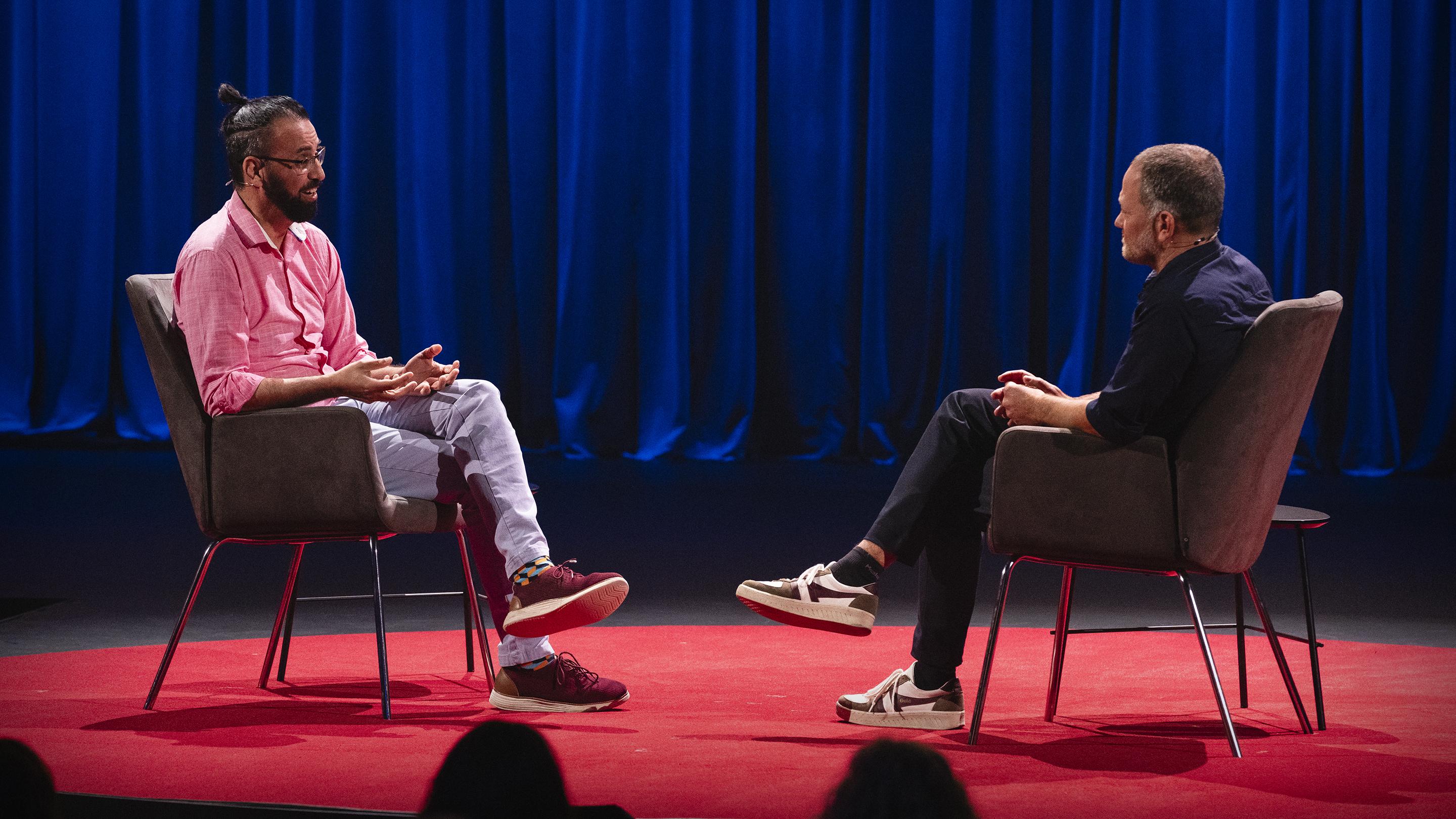
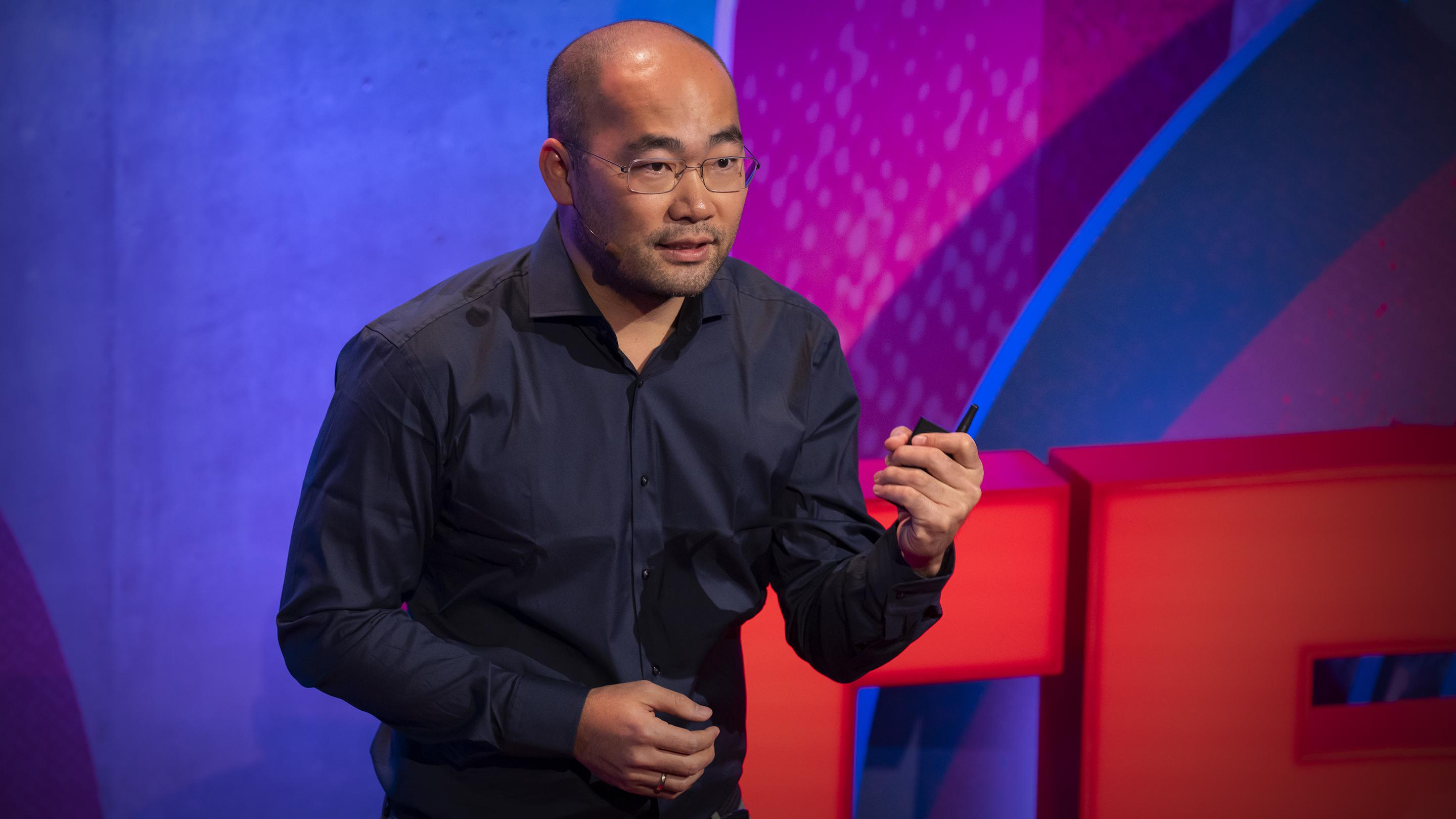
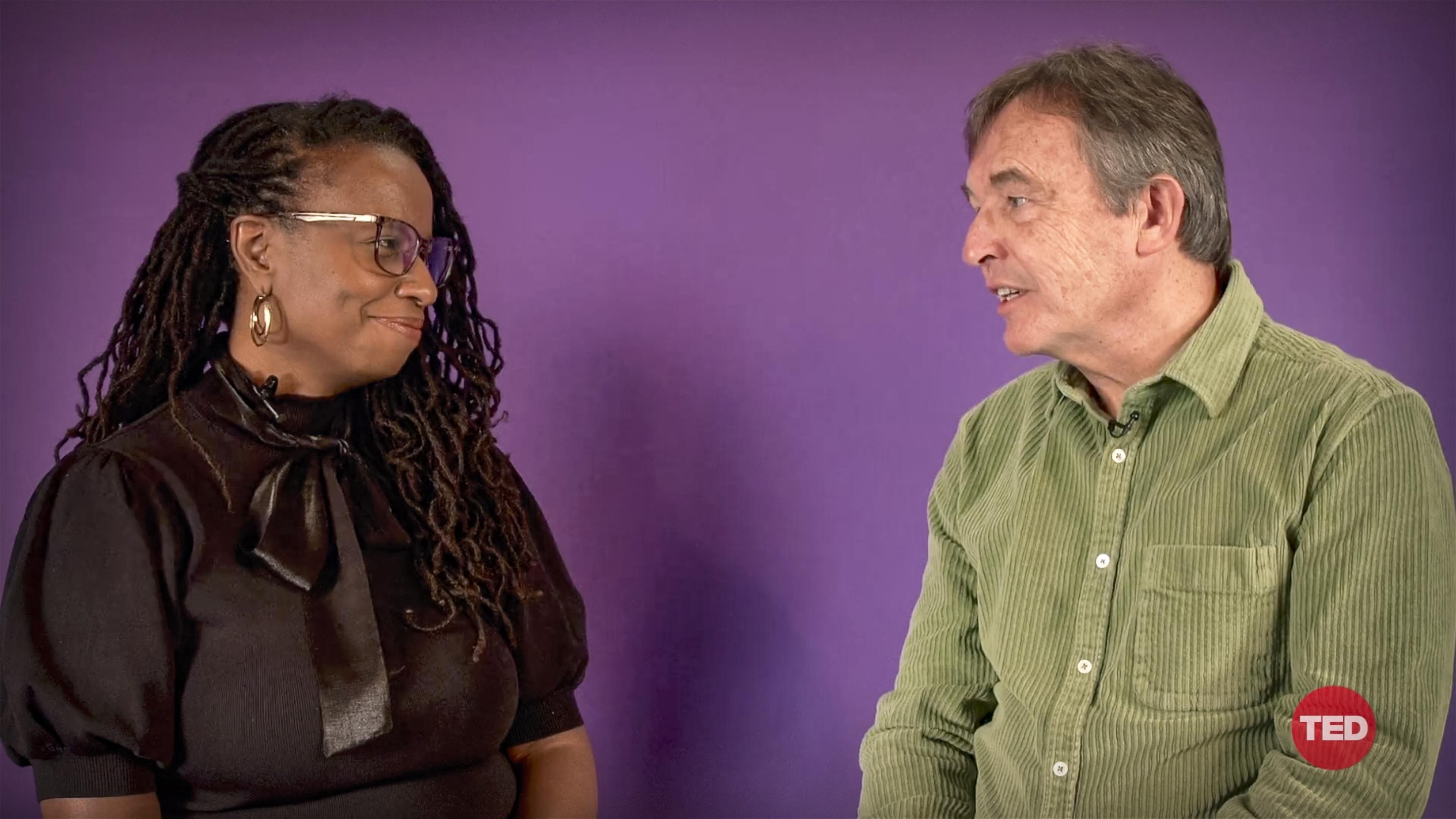
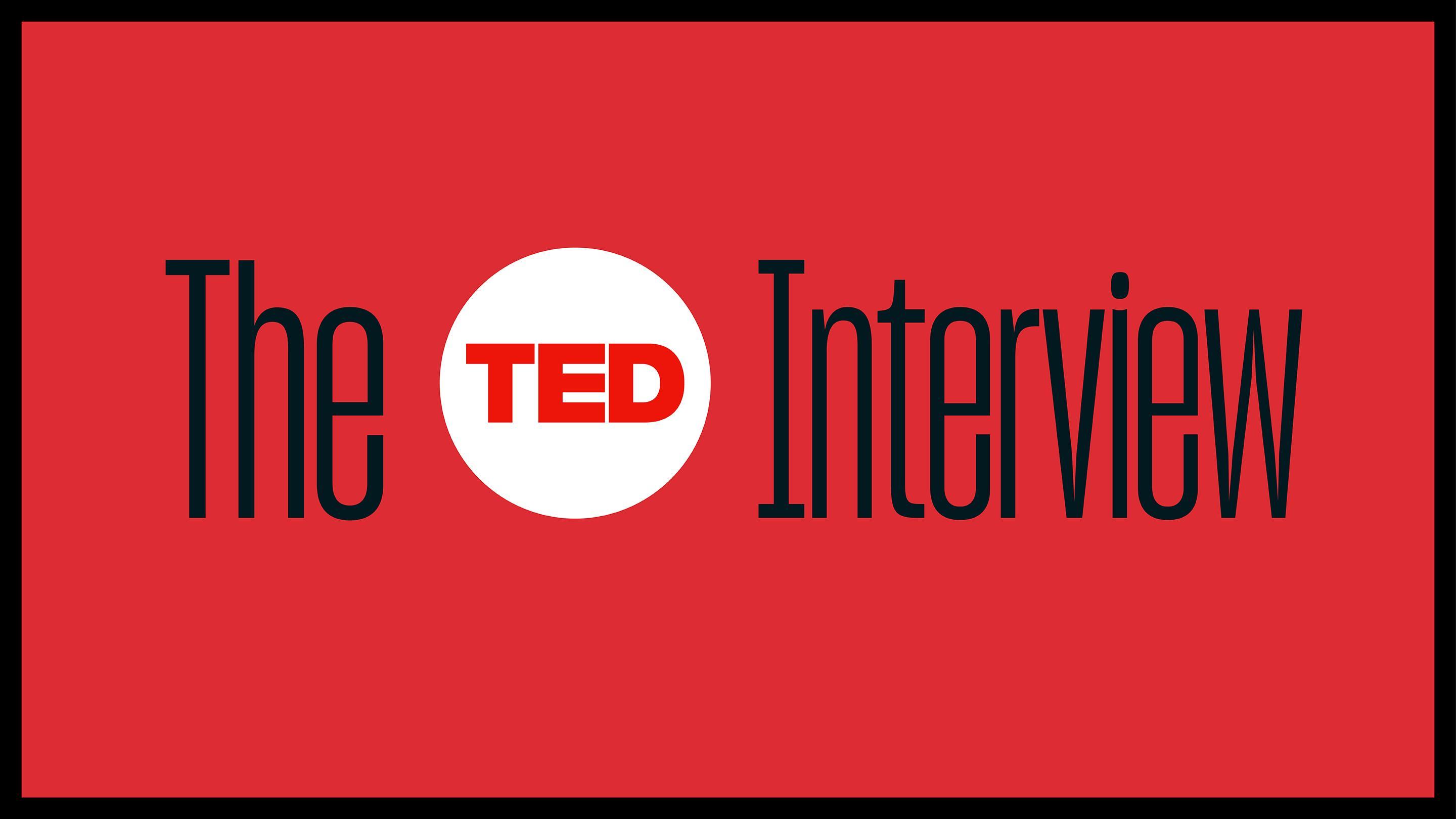
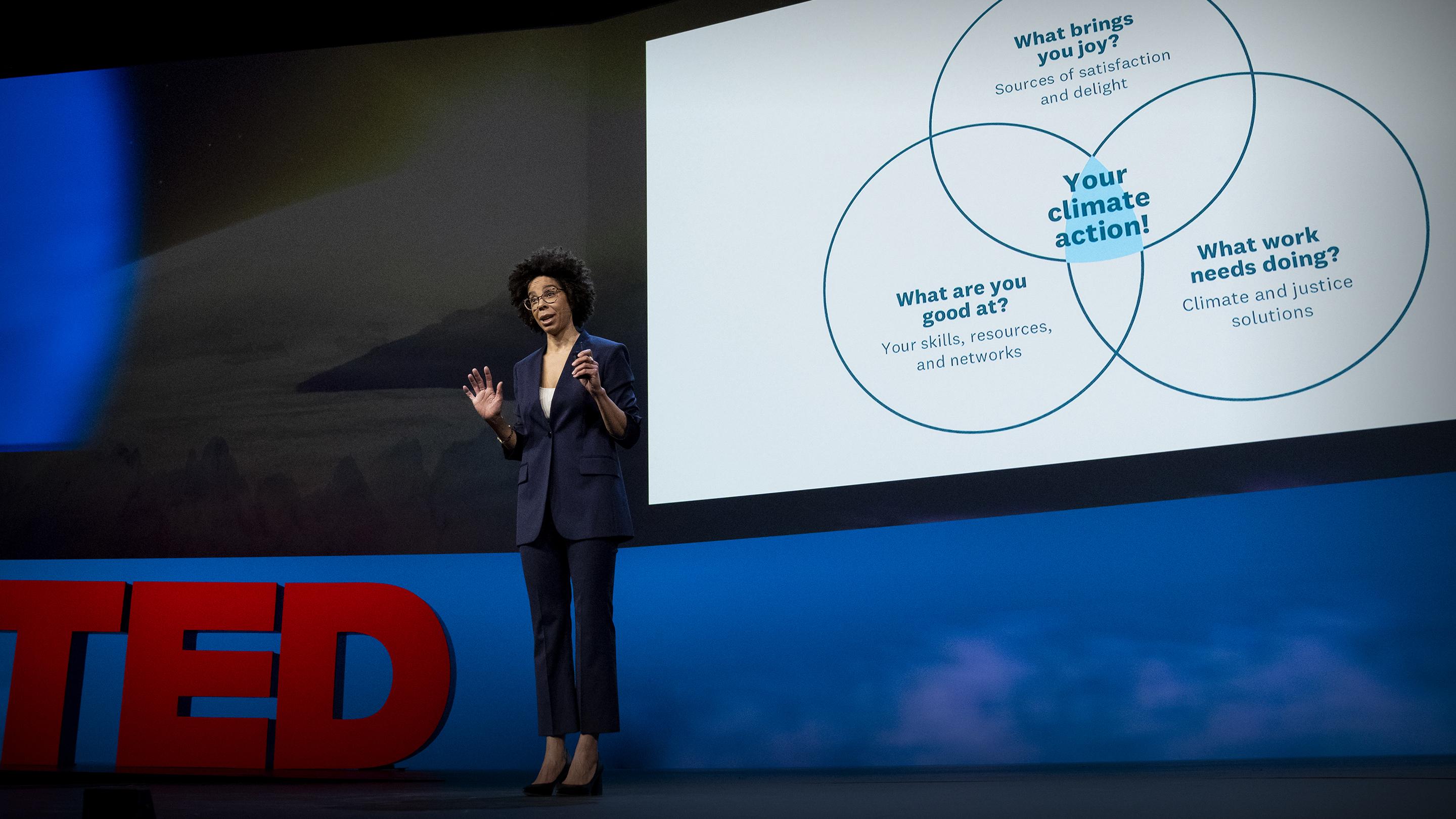
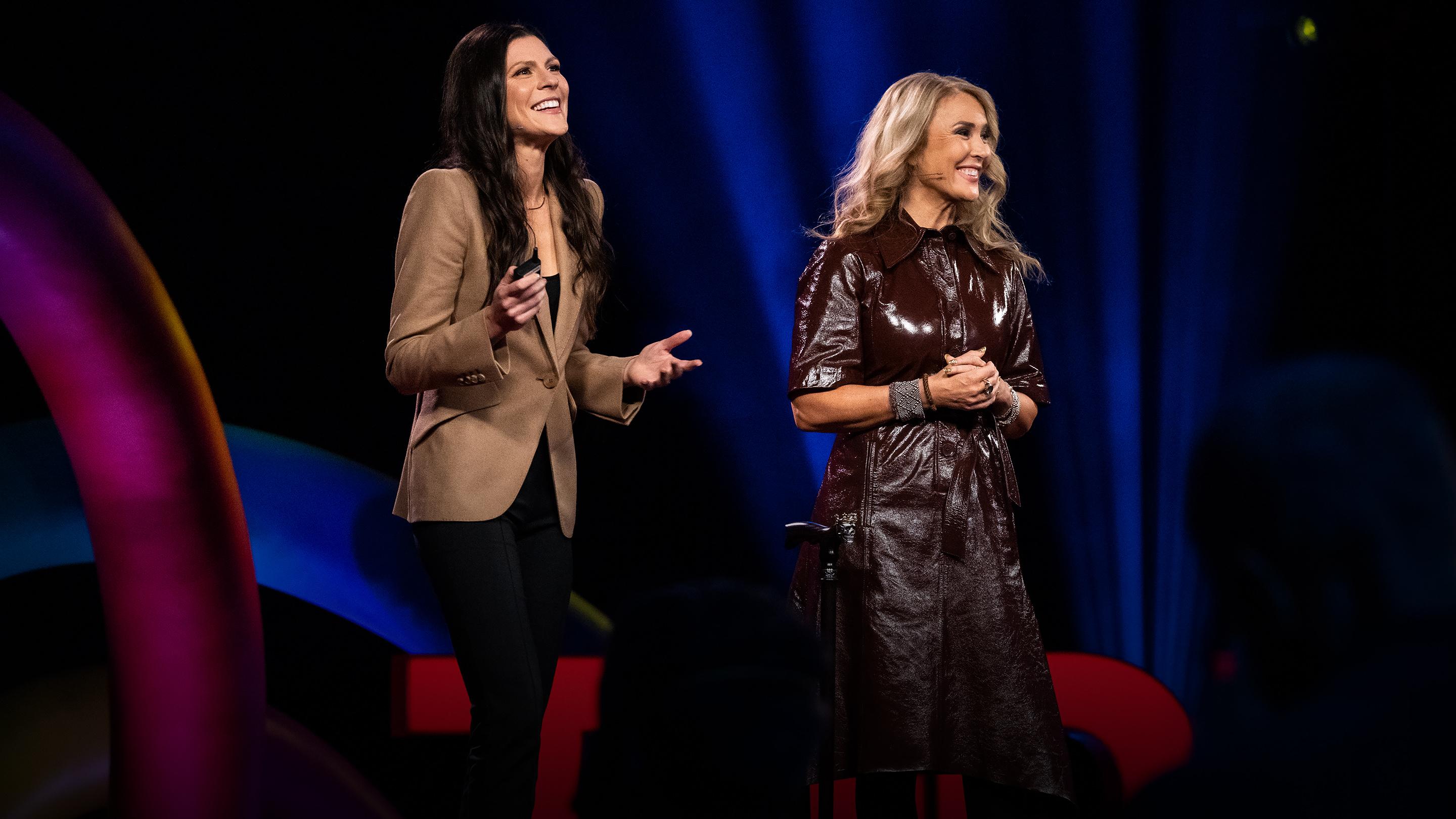
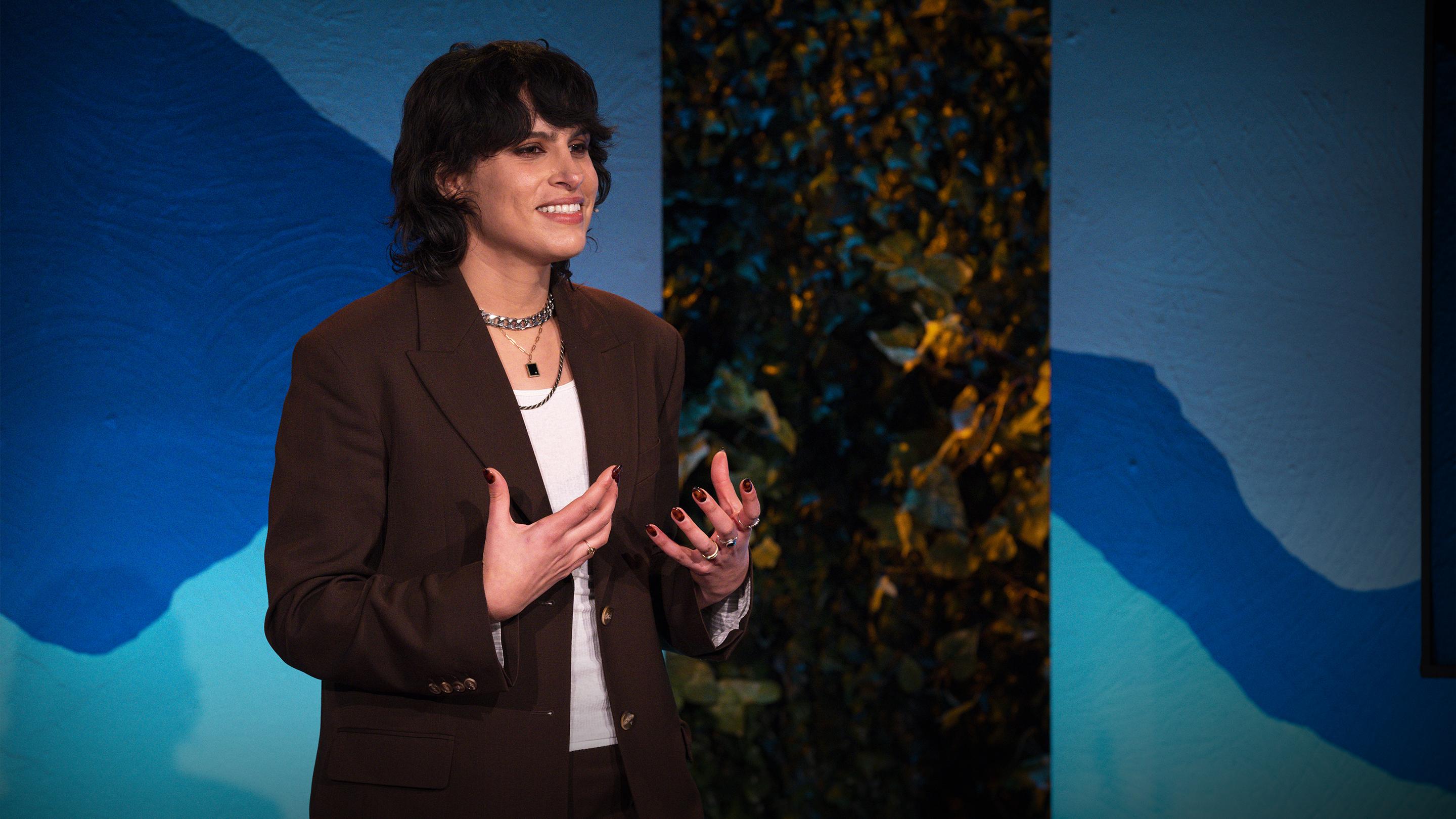
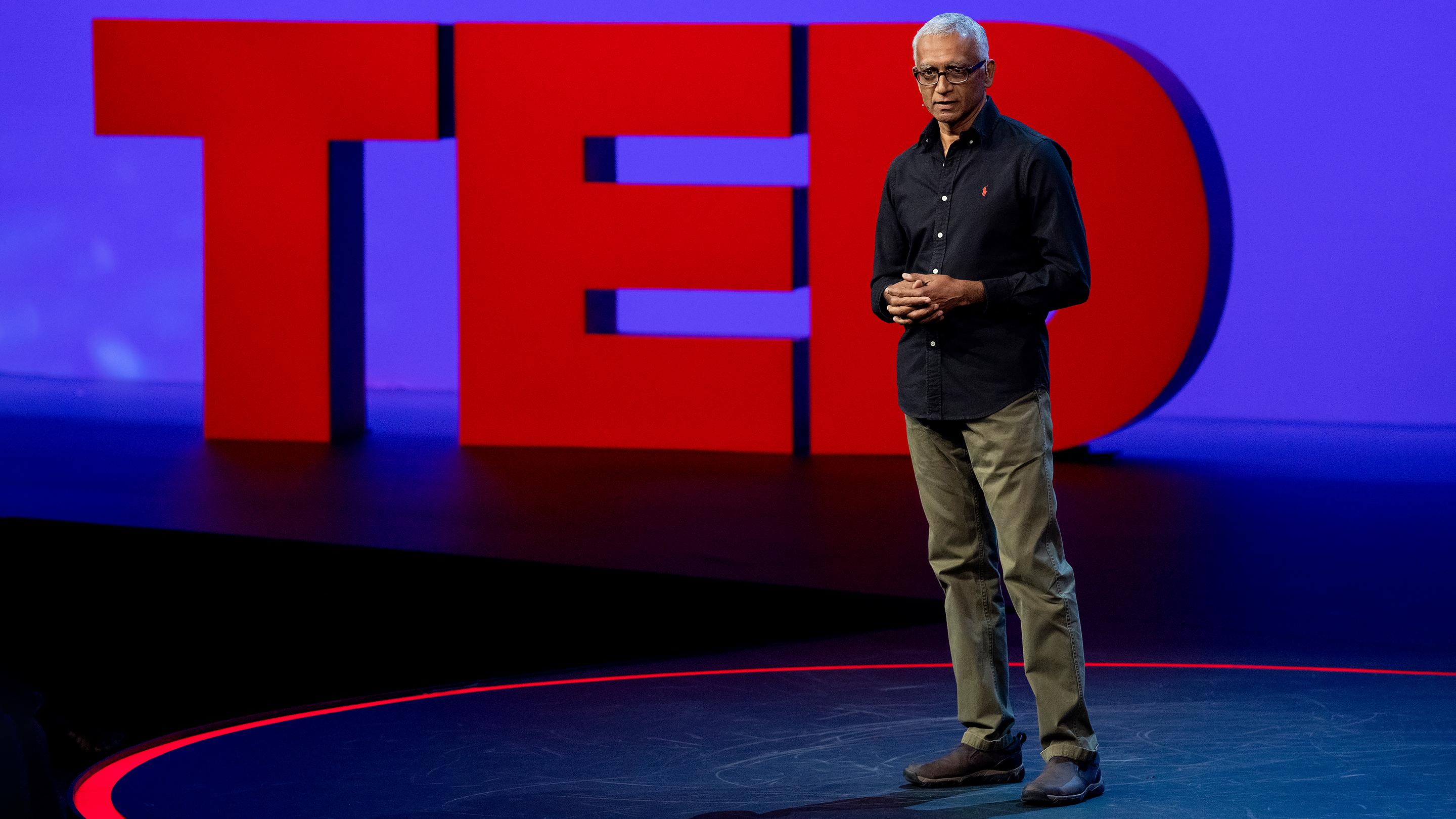
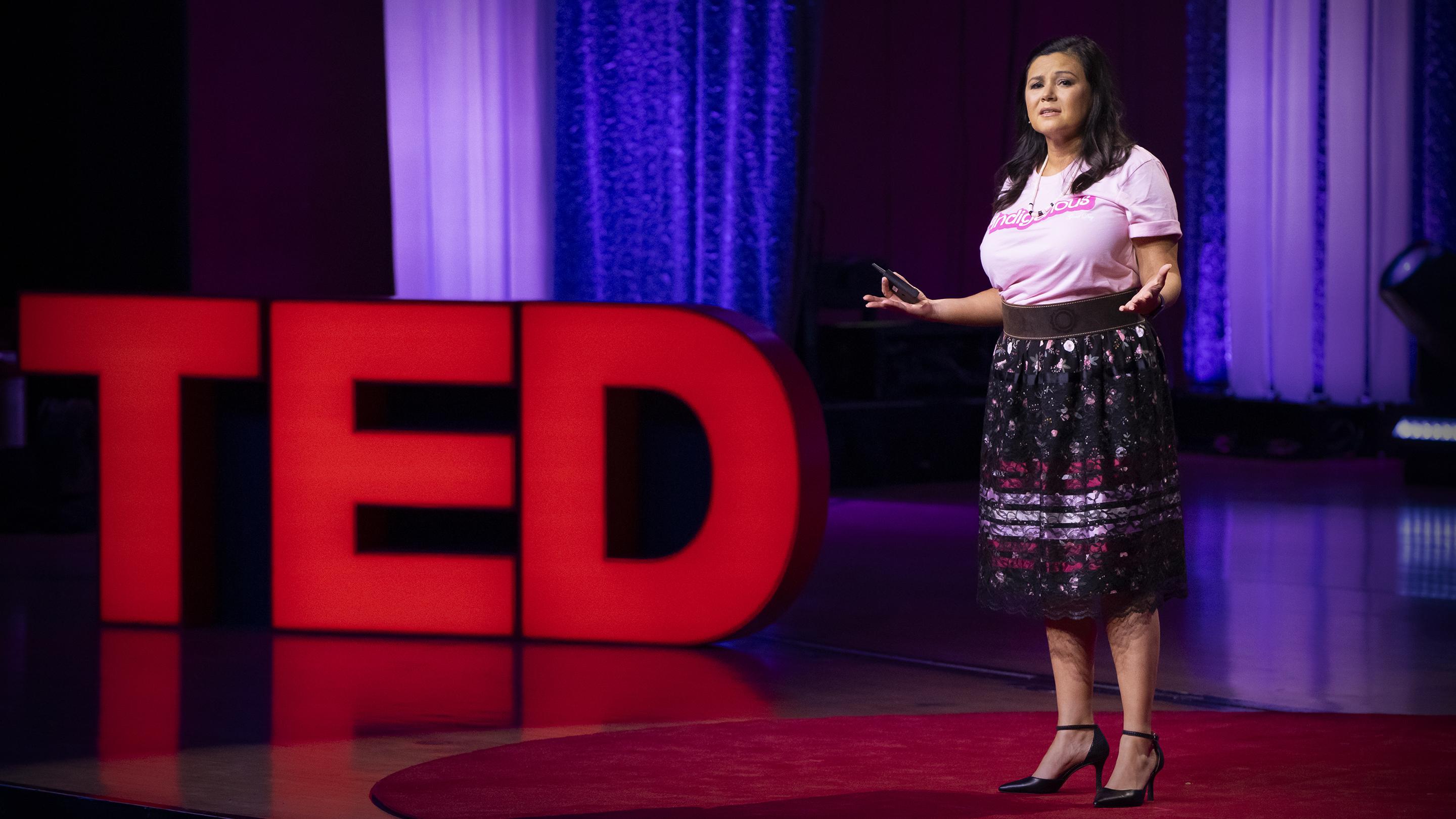
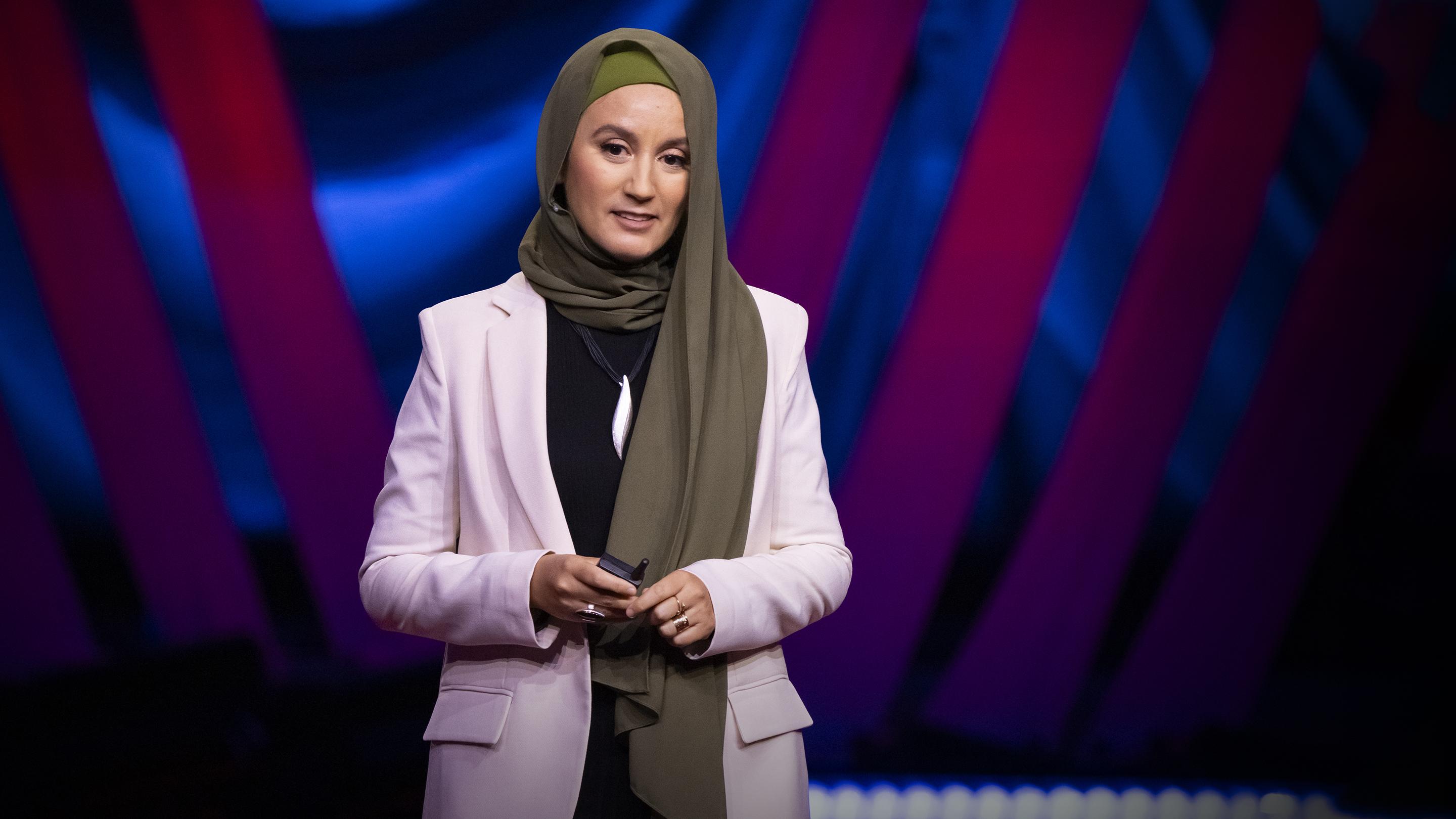

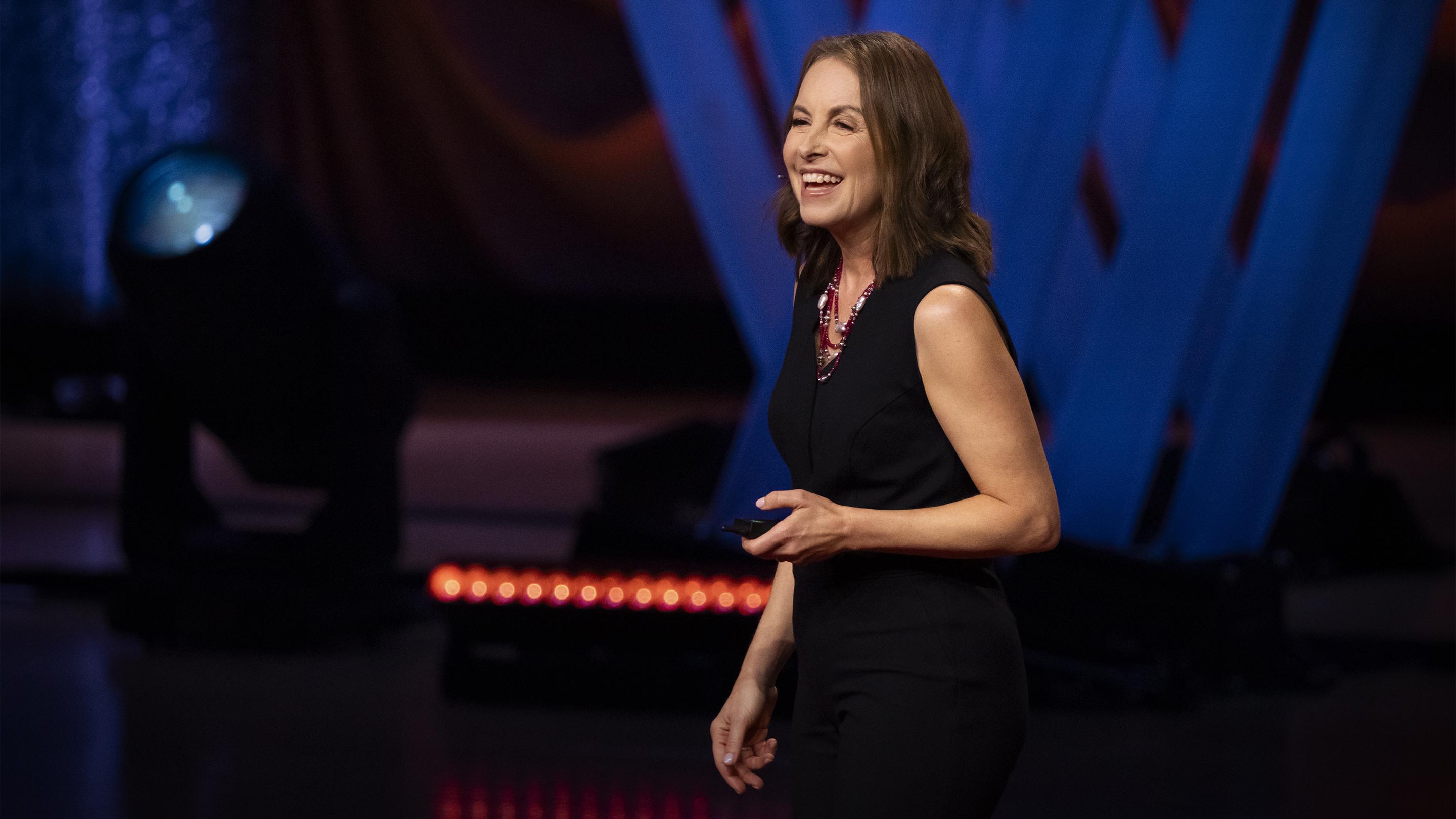
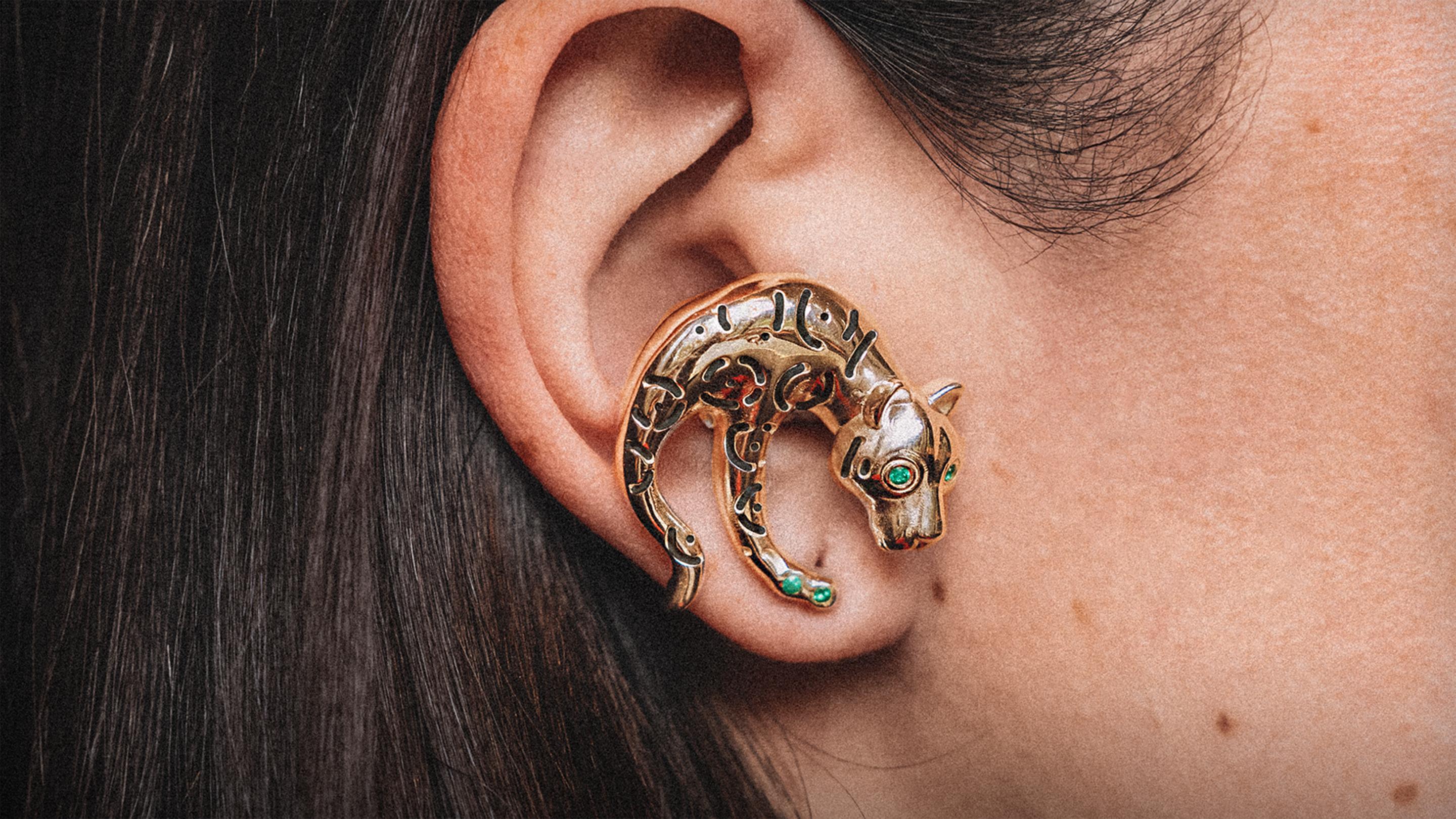
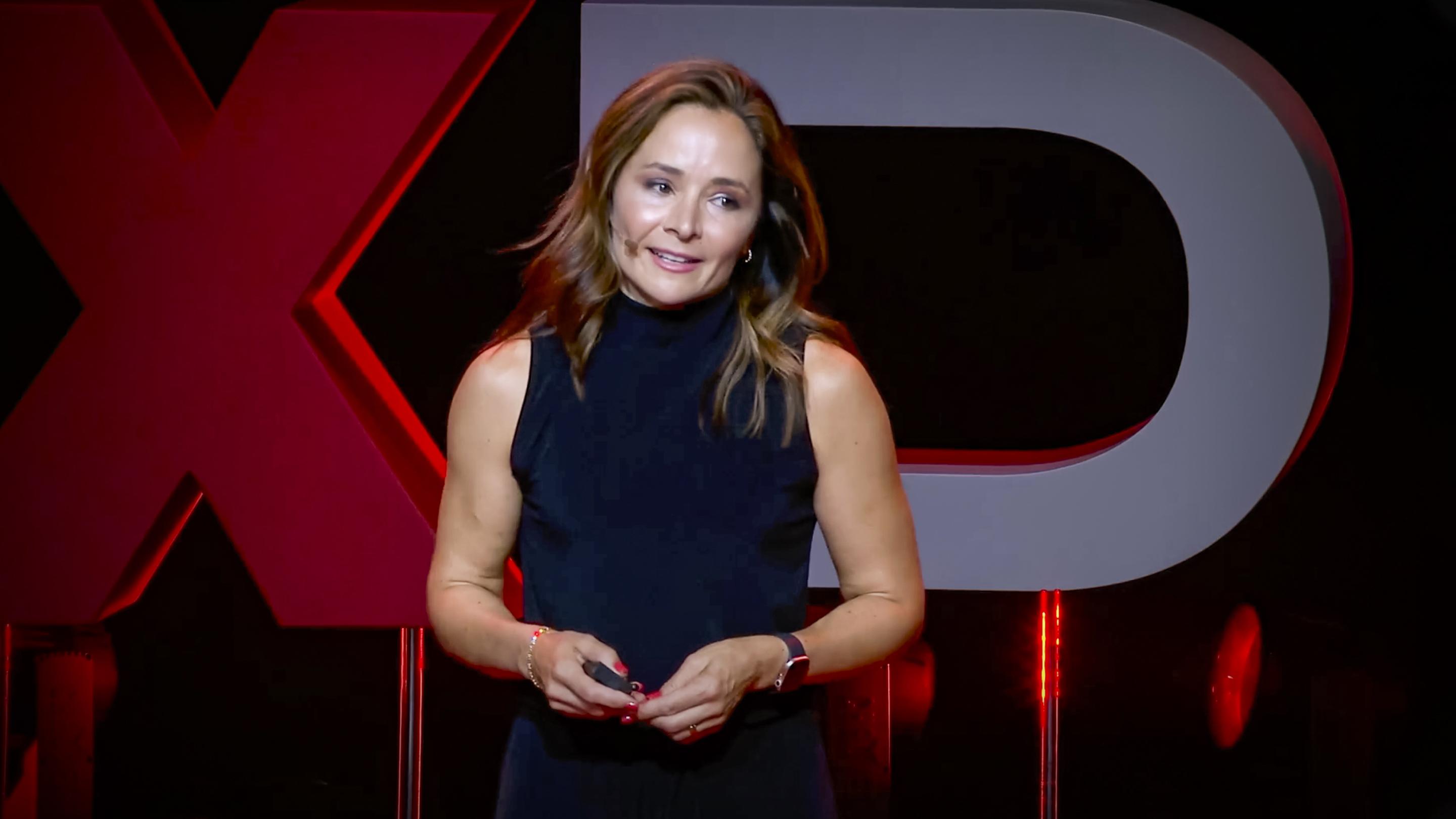
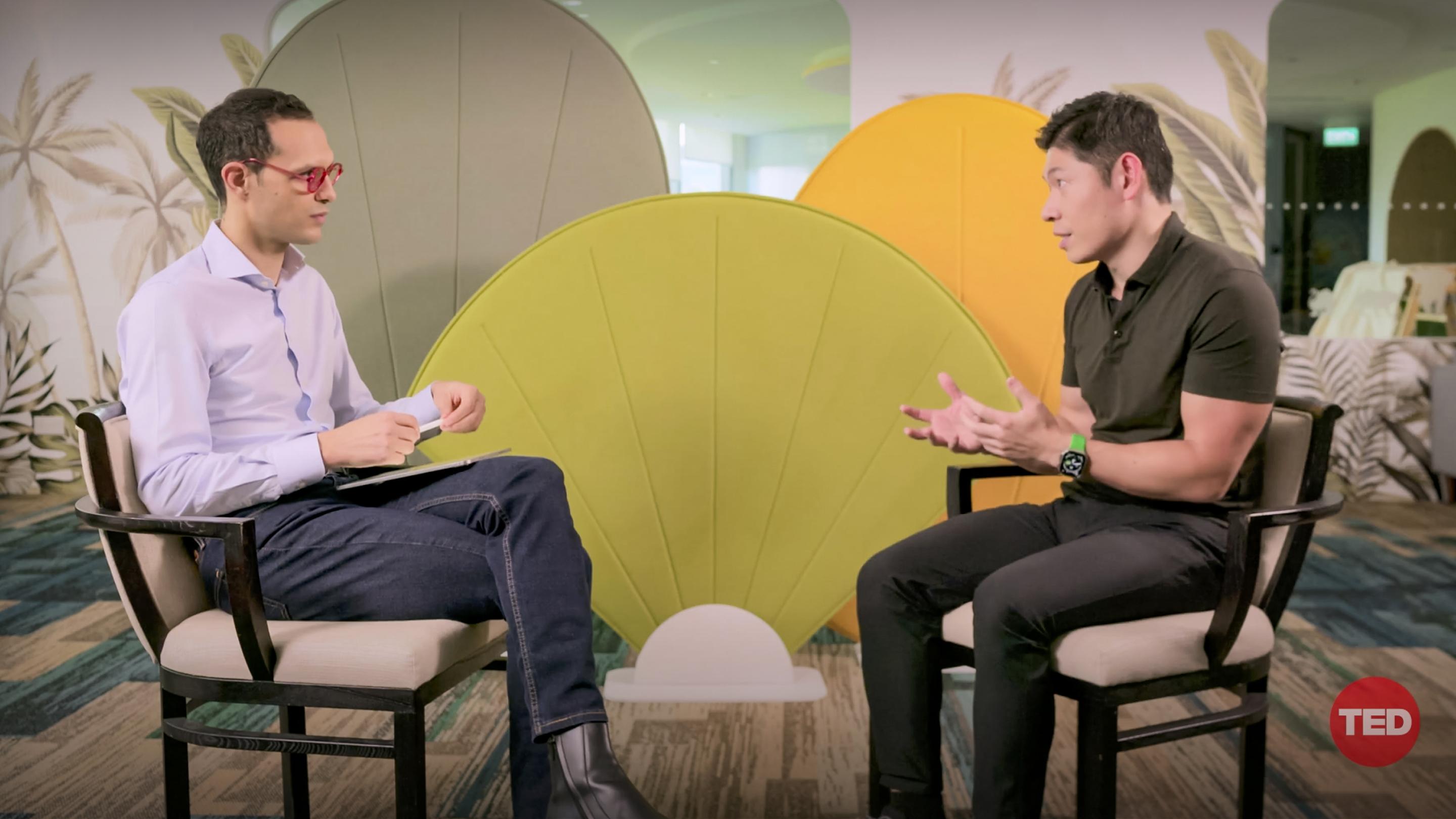
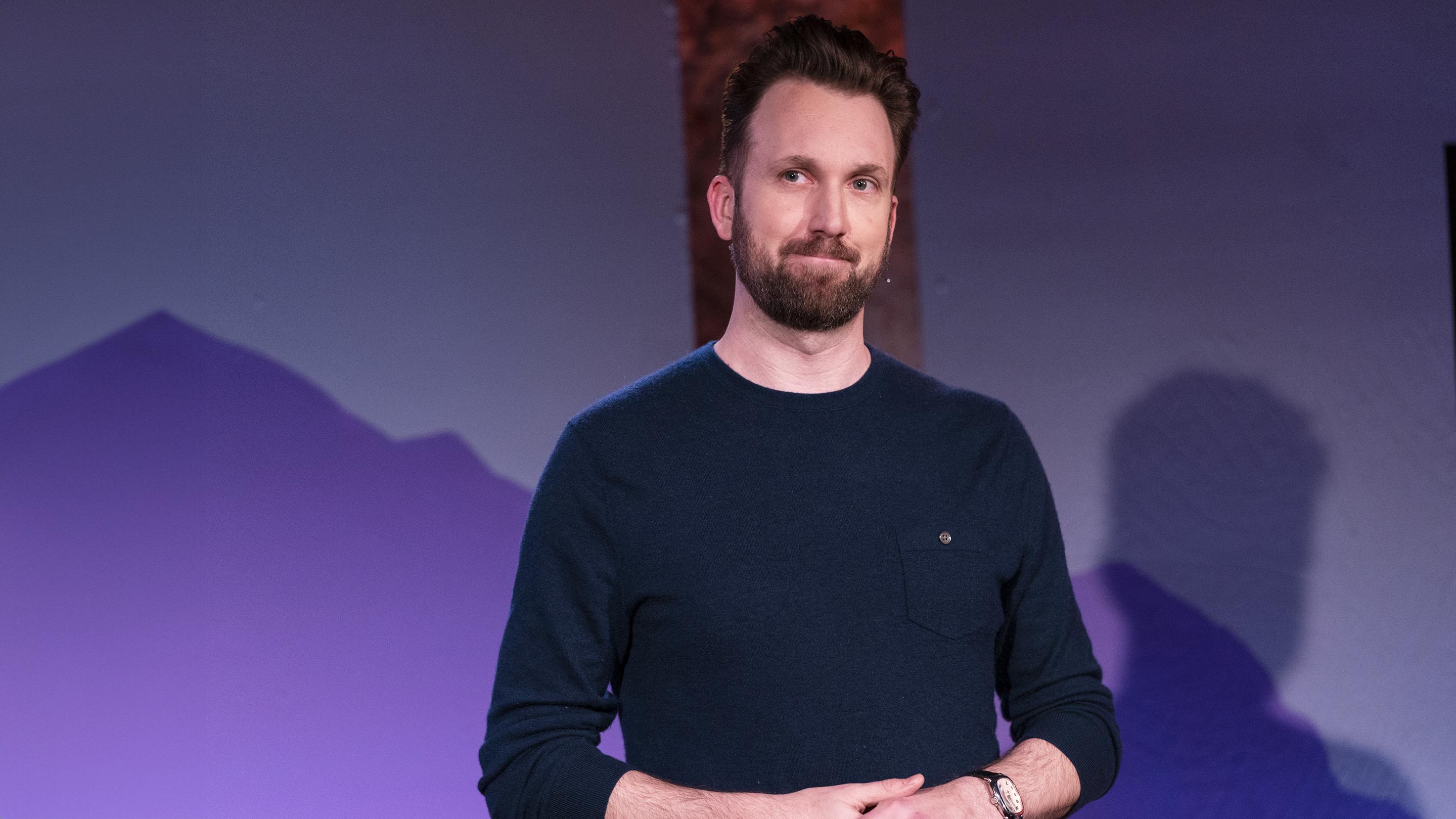
.jpg?)

